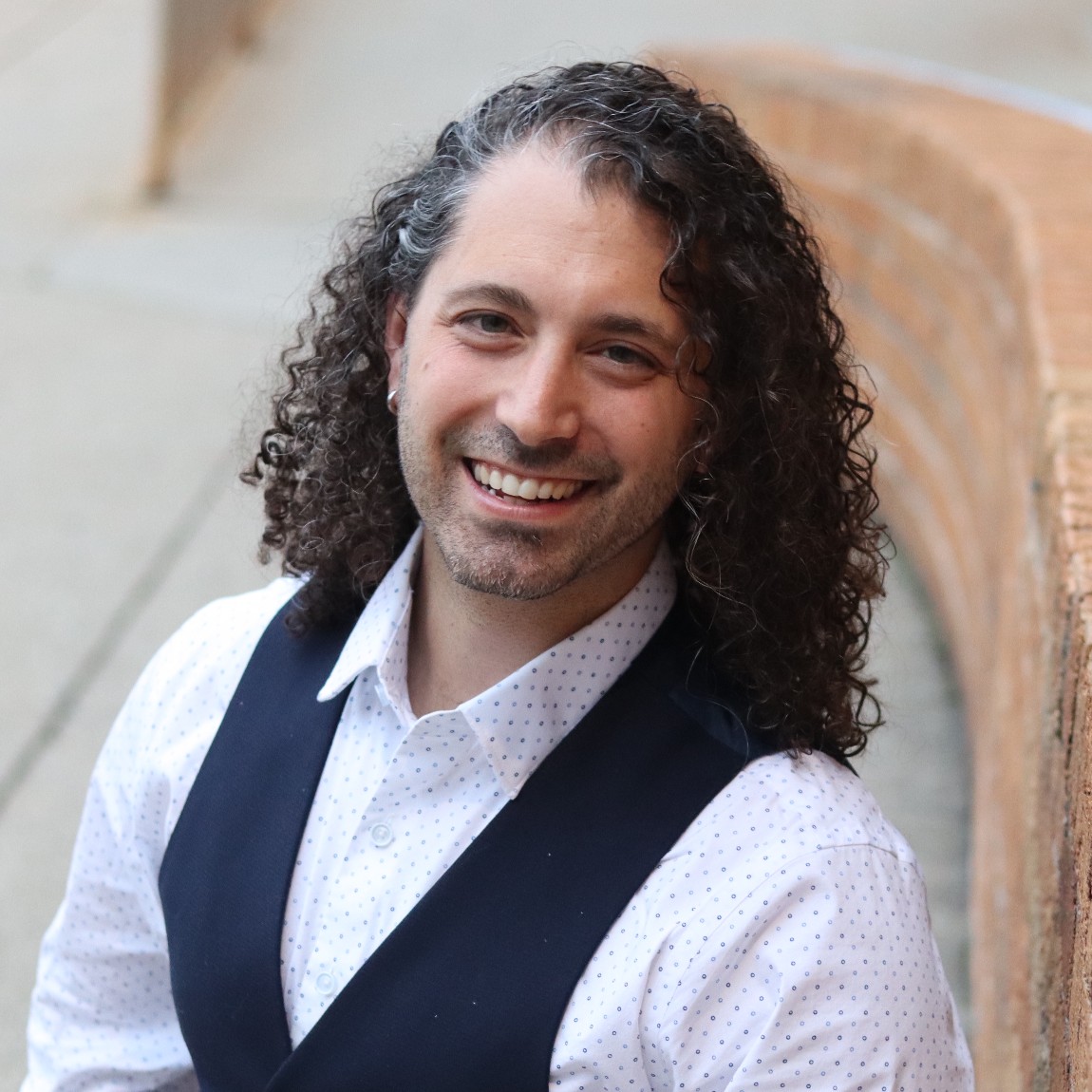Mark Emerick Receives National Fellowship Award
The National Academy of Education (NAEd)/Spencer Postdoctoral Fellowship provides funding and professional development to early-career researchers studying critical issues in the field of education.By: Kristine Yahna Todaro Friday, June 17, 2022 08:03 AM

The National Academy of Education (NAEd) recently announced that Mark R. Emerick, assistant professor of education, has been selected as a 2022 National Academy of Education (NAEd)/Spencer Postdoctoral Fellow.
The fellowship award of $70,000 is intended to assist early-career scholars with salary replacement and research expenses to allow them to focus on their research. The selection committee, comprised of leading scholars in education research, selected 25 fellows from an extremely competitive pool of 258 education scholars.
Emerick is studying the potential of career and technical education (CTE) as a pathway for emergent bilingual students to attain college and career readiness. Despite decades of research and advocacy, Emerick says these students continue to experience marginalization and limited opportunity to learn in the U.S. after high school.
“For students whose first language is not English, it’s often assumed that a CTE education is the best path, and it’s assumed that many of these students take that path,” says Emerick. But that’s not the case. In fact, he says, many bilingual students may be discouraged from attending a CTE, in both subtle and more overt ways.
Emerick will conduct a nine-month multi-site ethnographic study to examine how school-level policies and the practices of school leaders, counselors and teachers along the CTE enrollment pathway may contribute to these disparities.
CTE can provide students with many opportunities, not just jobs but access to postsecondary education, including pre-health professions opportunities or dual enrollment with community colleges.
Studies have found that access to higher-level courses is actually a better indicator of academic success than English proficiency, says Emerick. “Educators can be obsessed with the language barrier,” he says. “They’ll think some higher education paths will be too challenging for emergent bilingual students. But often the opportunities for these students are being limited by the perceptions of the problem, not the actual problem.”
Emerick will begin his research in January and present his preliminary findings at the National Academy of Education in Fall 2023.
His scholarship has appeared in Anthropology and Education Quarterly and Educational Administration Quarterly. Prior to pursuing an academic career, he was a middle and high school ESL teacher. At Muhlenberg, he teaches courses in TESOL, social foundations of education and sociolinguistics.
A first-generation college student, Emerick earned his B.A. in English and M.Ed. in curriculum and instruction from Kutztown University of Pennsylvania and his Ph.D. in applied linguistics from Temple University.
The fellowships are administered by the National Academy of Education, an honorary educational society, and they are funded by a grant from the Spencer Foundation. The fellowship program has over eight hundred alumni who include many of today’s leading education researchers.
